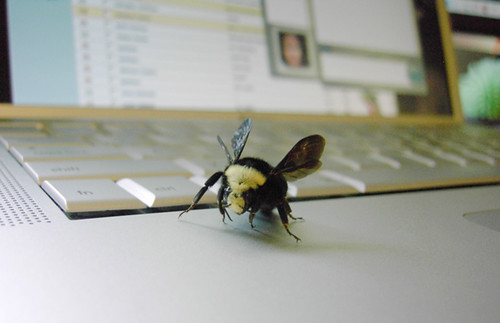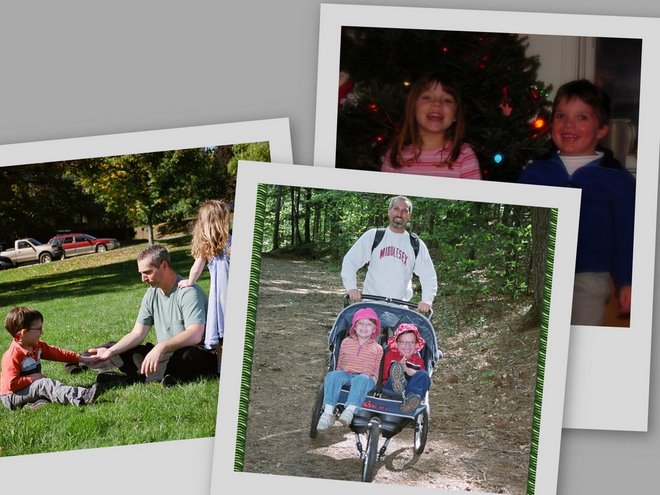
I never guessed what a toll disability could have on a family's ability to stay sane and stay together. As I watch other families divorce and otherwise part ways, I am all the more resolved to keep ours together and stronger rather than weaker by virtue of the challenges we face. Kuruna is such a gift to the world. I don't want his life to be blamed for family strife.
I noted with cynicism (forgive me) the publicity surrounding Jenny McCarthy's new book on helping her son with Autism. She divorced her son's father over the strife of her son's diagnosis and treatment. Then (apparently) Jim Carrey saved the day but attaching to her son and making him more "normal." The book followed, with magazine articles trailing...all about her crusade to help her son overcome autism's limitations. I am not sure what her crusade proves other than the only way to overcome the inevitable relegation of children with developmental delay and their mothers to pariah status, one has to become an outspoken celebrity book author. I am not interested.
I am much more interested in finding a place in the world for my son - who has no super- powered comedic actor to intervene on his behalf. I would much rather spend my energy educating others about how to listen to children with autism and other "delay" diagnoses. I am more interested in finding help for families exhausted by all the emotional and physical work and disappointment. I am interested in helping families store up for their children's future without them.
I am not interested in celebrity sob stories or even in emotional testimonials. I am not interested in "fixing" the millions of children with developmental delay (though more research definitely is needed on causes and treatments). I am interested in creating a new culture that accepts and welcomes children and their families with developmental delays whether they are wealthy celebrities or just regular folk. I am interested in keeping the bright beaming smile on Kuruna's face each and every day without having to work so hard that I can't find my own smile anymore.










